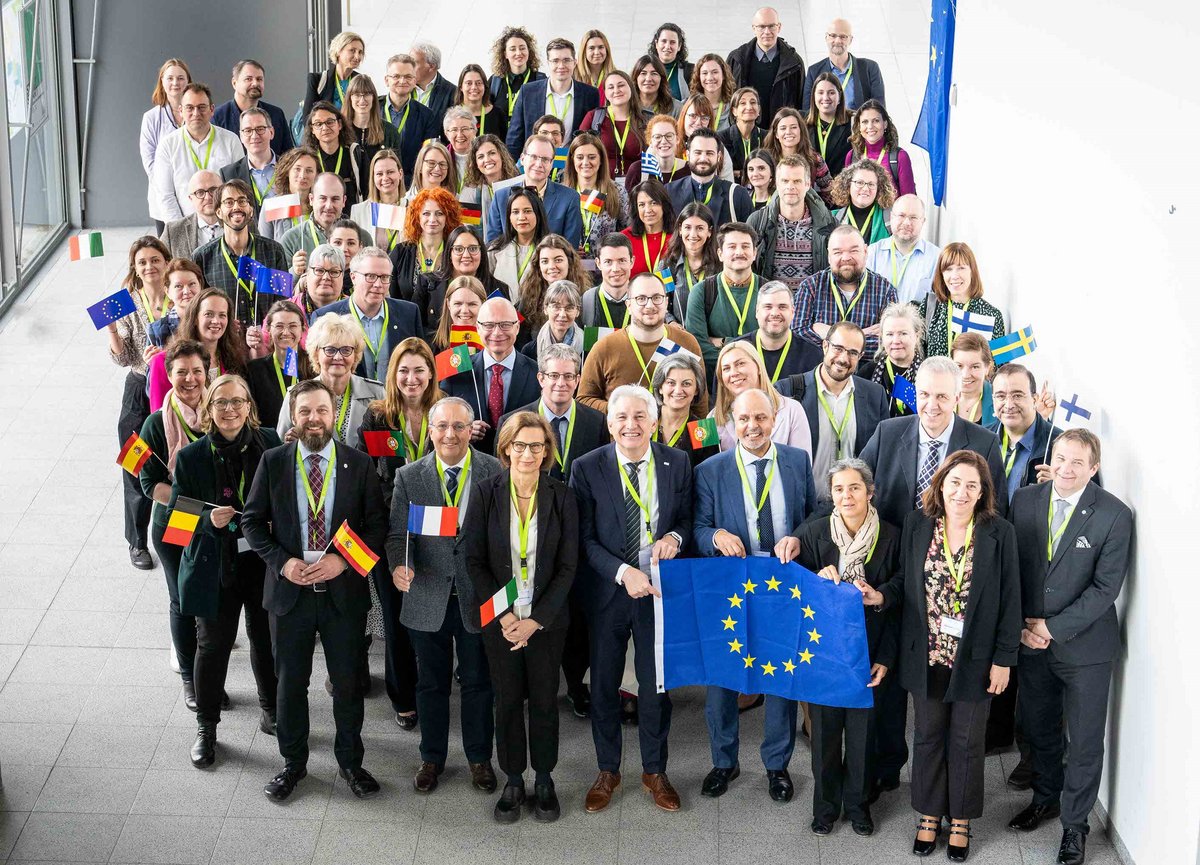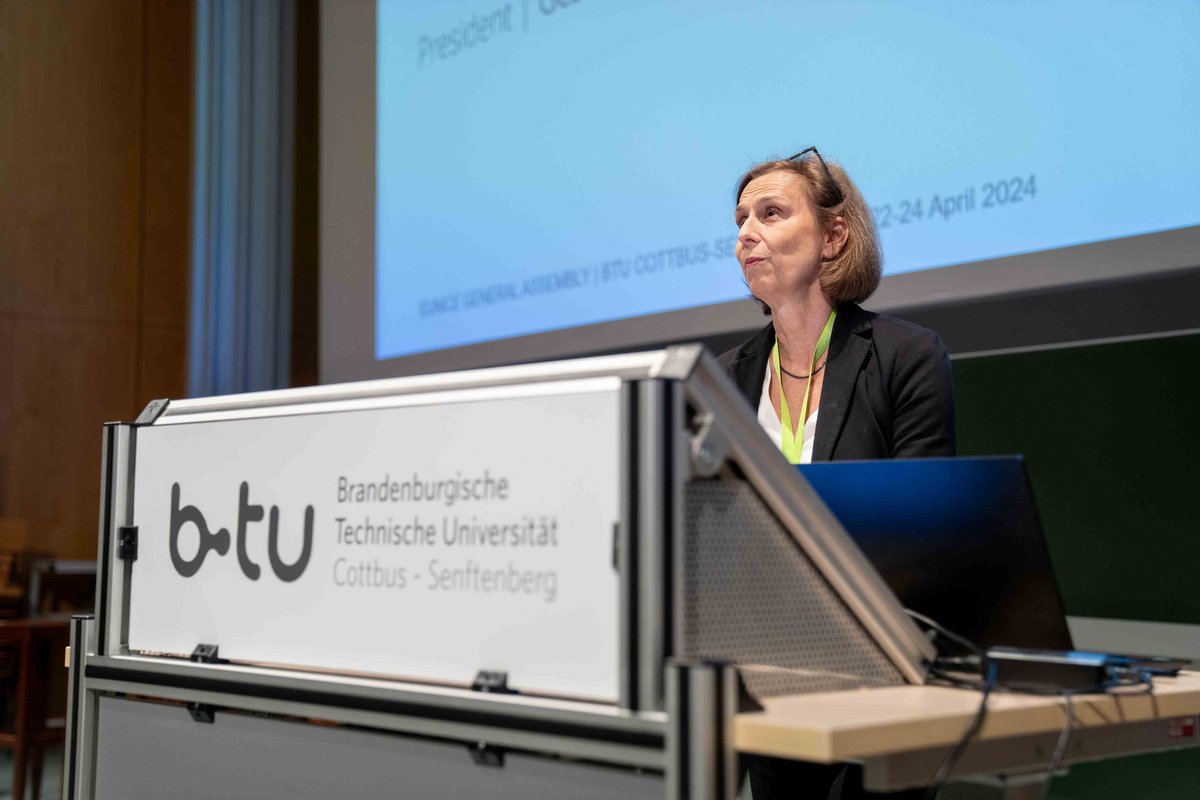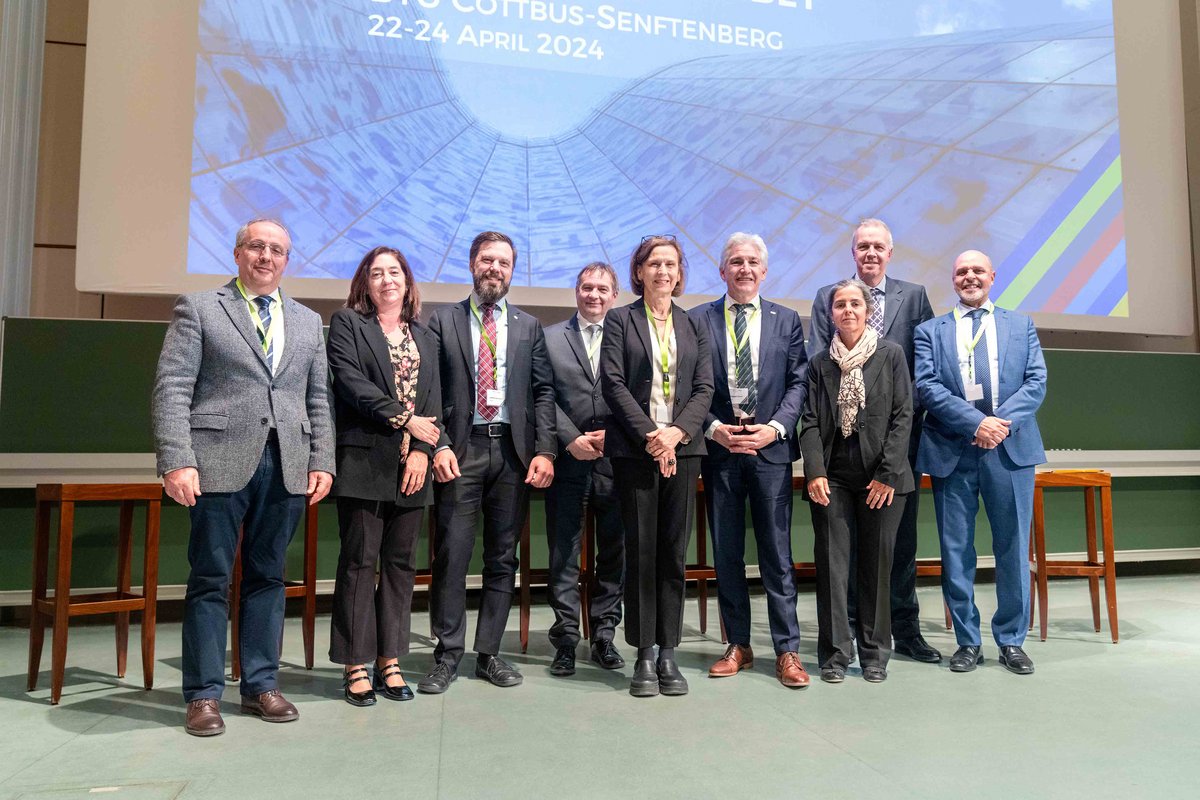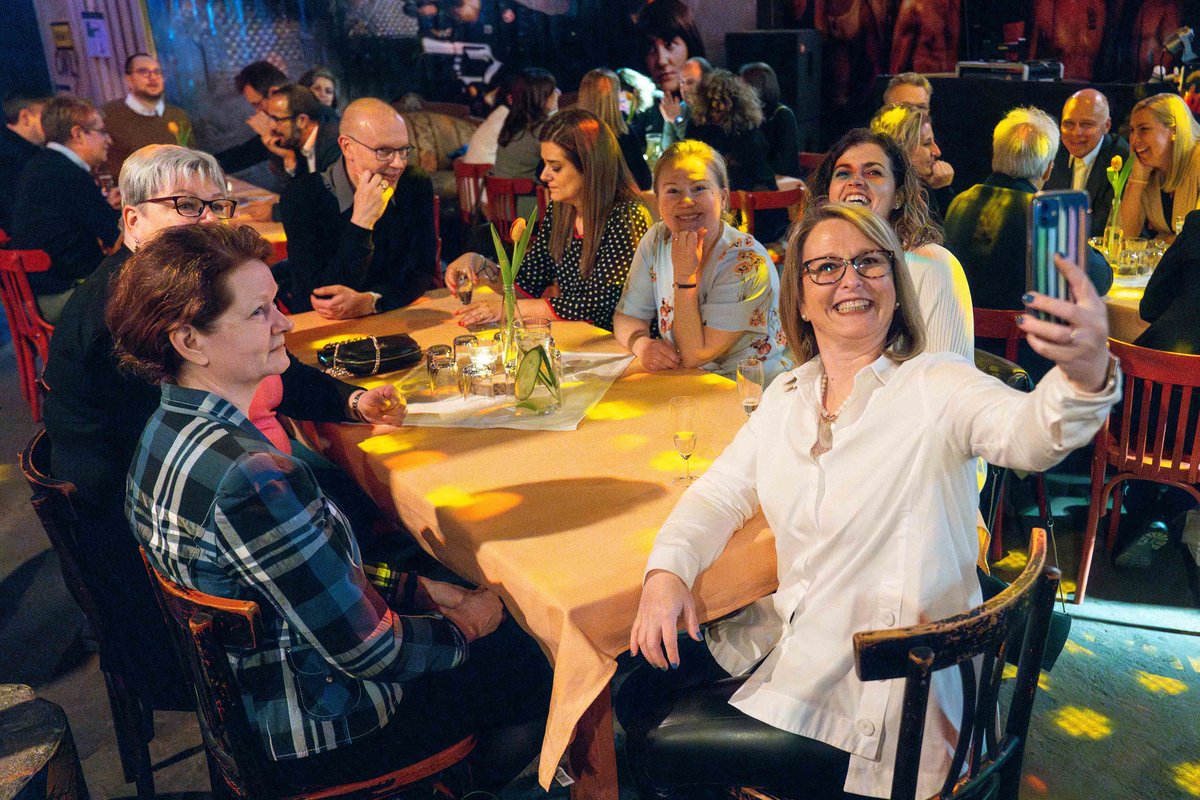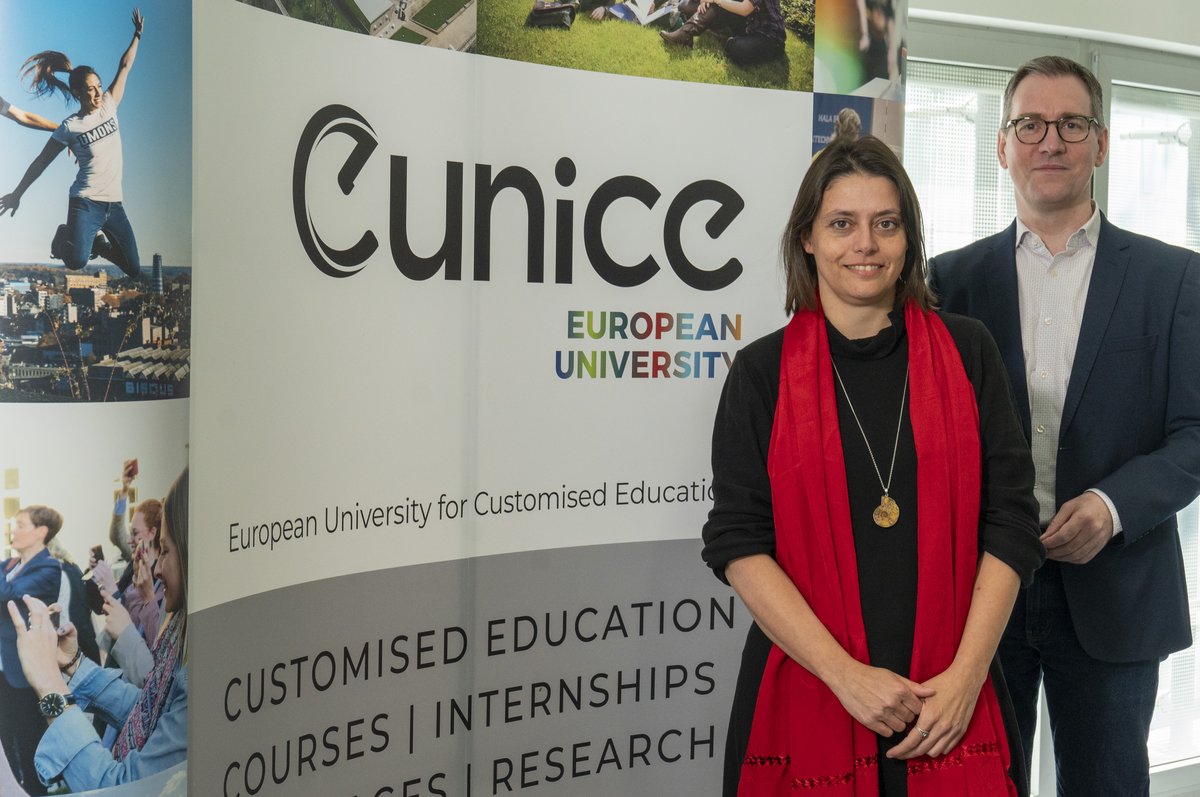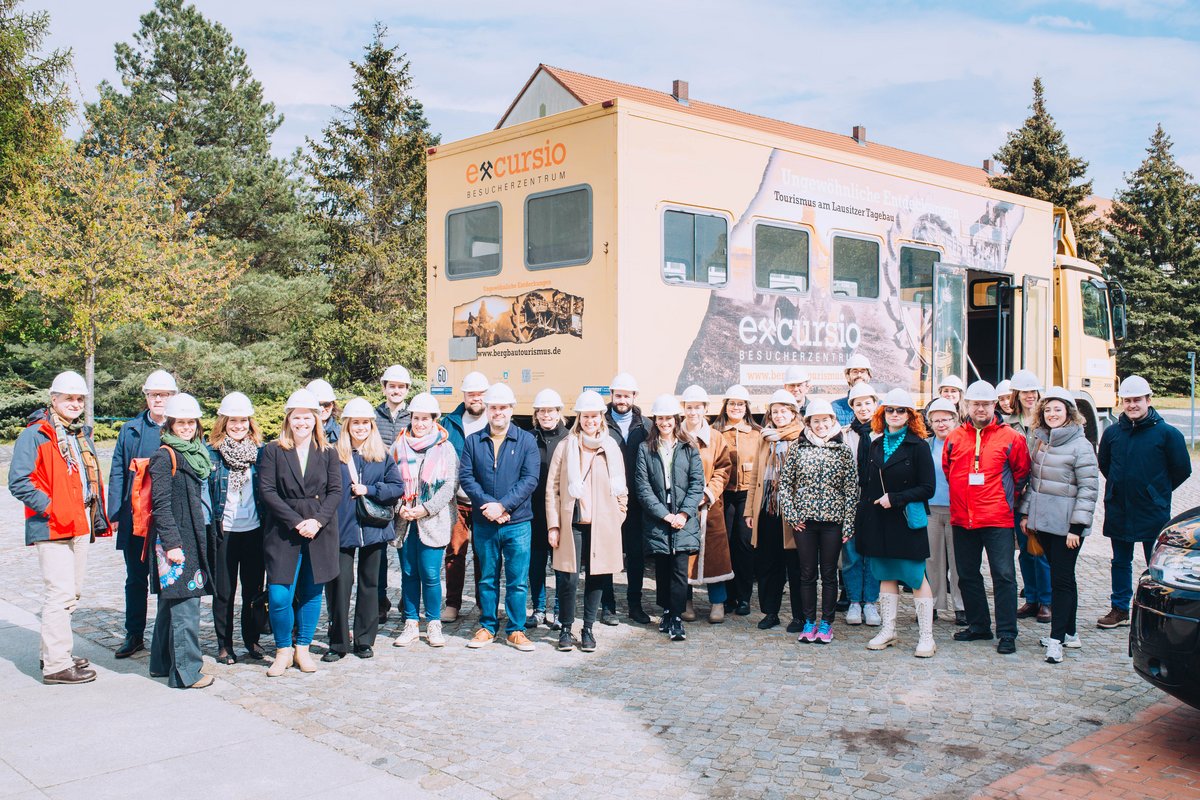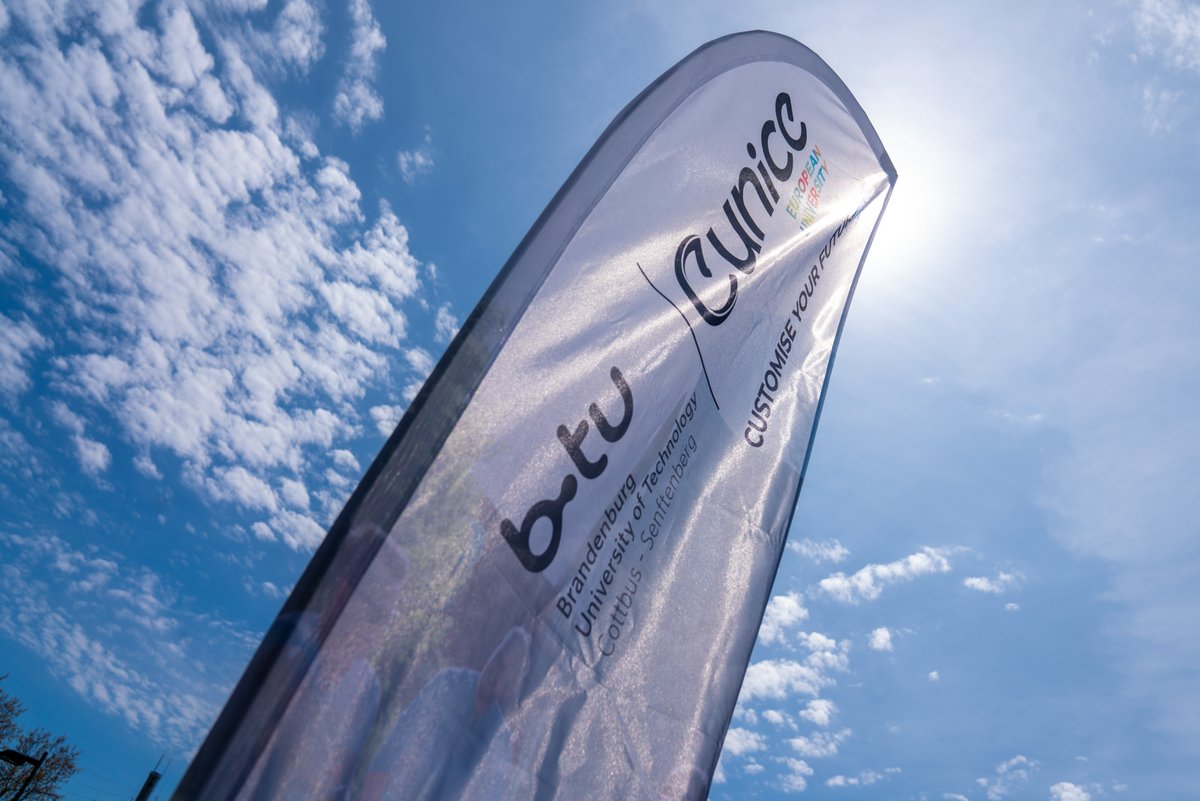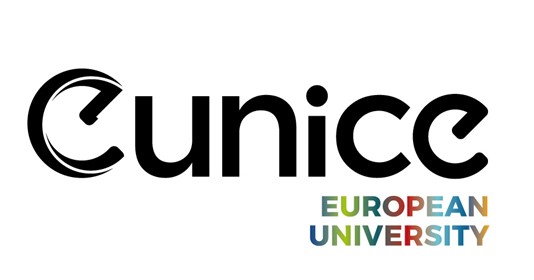BTU, Europe and Lusatia
Networking, learning from each other, thinking and developing on a European scale. This is the basic idea when the representatives of the ten partner universities meet in Cottbus on April 23/24, 2024. The Brandenburg University of Technology Cottbus-Senftenberg (BTU) is hosting the General Assembly this spring.
The agenda for the meeting, which is expected to attract more than 80 participants, is wide-ranging. All participants agree that workshops, discussions and an exchange of experiences should help the European University Alliance move forward.
Prof. Wolfram Berger, Vice President for International Affairs at BTU, says: "BTU Cottbus-Senftenberg has been part of EUNICE from the very beginning. The second funding phase, which runs until the end of 2027, aims to give our students the opportunity to gain completely new learning experiences through personalized educational opportunities. To this end, we will develop innovative offerings for the integration of teaching and learning in the Alliance. We will fund the exchange of knowledge, promote interdisciplinary research and implement educational approaches that give equal weight to global challenges and regional socio-economic issues. Lusatia will benefit from this, for example through well-trained specialists or impulses for regional innovation and transformation processes. Our aim is to equip the next generation of Europeans with the tools to strengthen the potential of the regions in transition, supported by the European identity and its fundamental values of a free, liberal, cosmopolitan, pluralistic and multilingual Europe."
Mareike Kunze, Head of the International Relations Office, adds: "In the first funding phase, we tested new formats - for example, setting up a joint course catalog, organizing workshops for start-ups or setting up an internship database. In the process, we learned how to overcome regulatory hurdles. Our students benefit from these successes, but increasingly so do our academics and administrative staff. EUNICE provides the framework for strong institutional cooperation. This includes insights into other university structures that can be used to improve structures at one's own location or provide the framework for stable, long-term research collaborations and thus a range of options for everyone to participate. Cooperation within the alliance helps to facilitate international comparison at European level. BTU is already very well positioned in terms of study and research. Many new future-oriented research projects and study programmes are currently being developed. With insights into areas, in discussions and in peer exchange, our partners learn things that they can ideally take back to their home university."
The EUNICE university alliance focuses on developing European and international skills among students, academics and employees. In addition to the expansion and development of mobility formats, such as student exchanges or joint research projects, new language learning opportunities and joint research platforms, the aim is also to get to know different traditions and cultural characteristics in order to replace narrow ways of thinking and create new horizons. Tailor-made courses are designed to "pick up" interested parties in order to prepare them for the European job market in the best possible way.
BTU - one of ten partner universities in ten European countries
EUNICE is funded by the intellectual and infrastructural contribution of ten universities: Poznan University of Technology (Poland), Brandenburg University of Technology Cottbus-Senftenberg (Germany), University of Cantabria (Spain), University of Mons (Belgium), University of Catania (Italy), Université Polytechnique Hauts-de-France (France), University of Vaasa (Finland), Polytechnic Institute of Viseu (Portugal), University of Peloponnese (Greece) and Karlstad University (Sweden).
The EUNICE - European University for Customized Education has received 14.4 million euros for the second project phase as part of the resubmission for the Erasmus+ European Universities 2023 program. Of this, 1.4 million euros will be made available to BTU.

